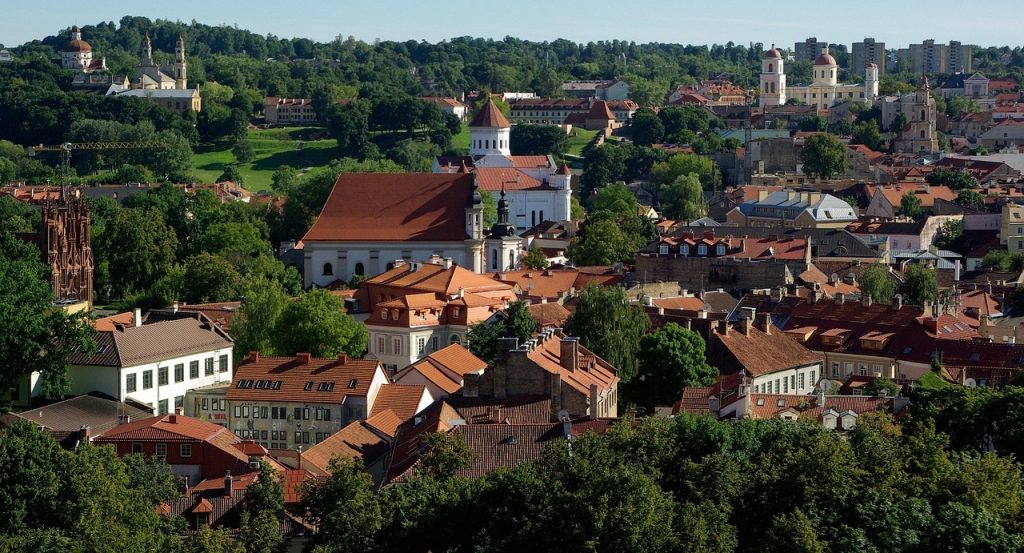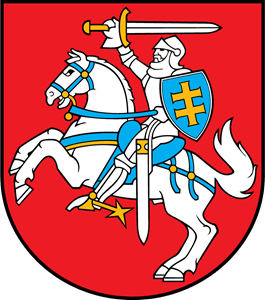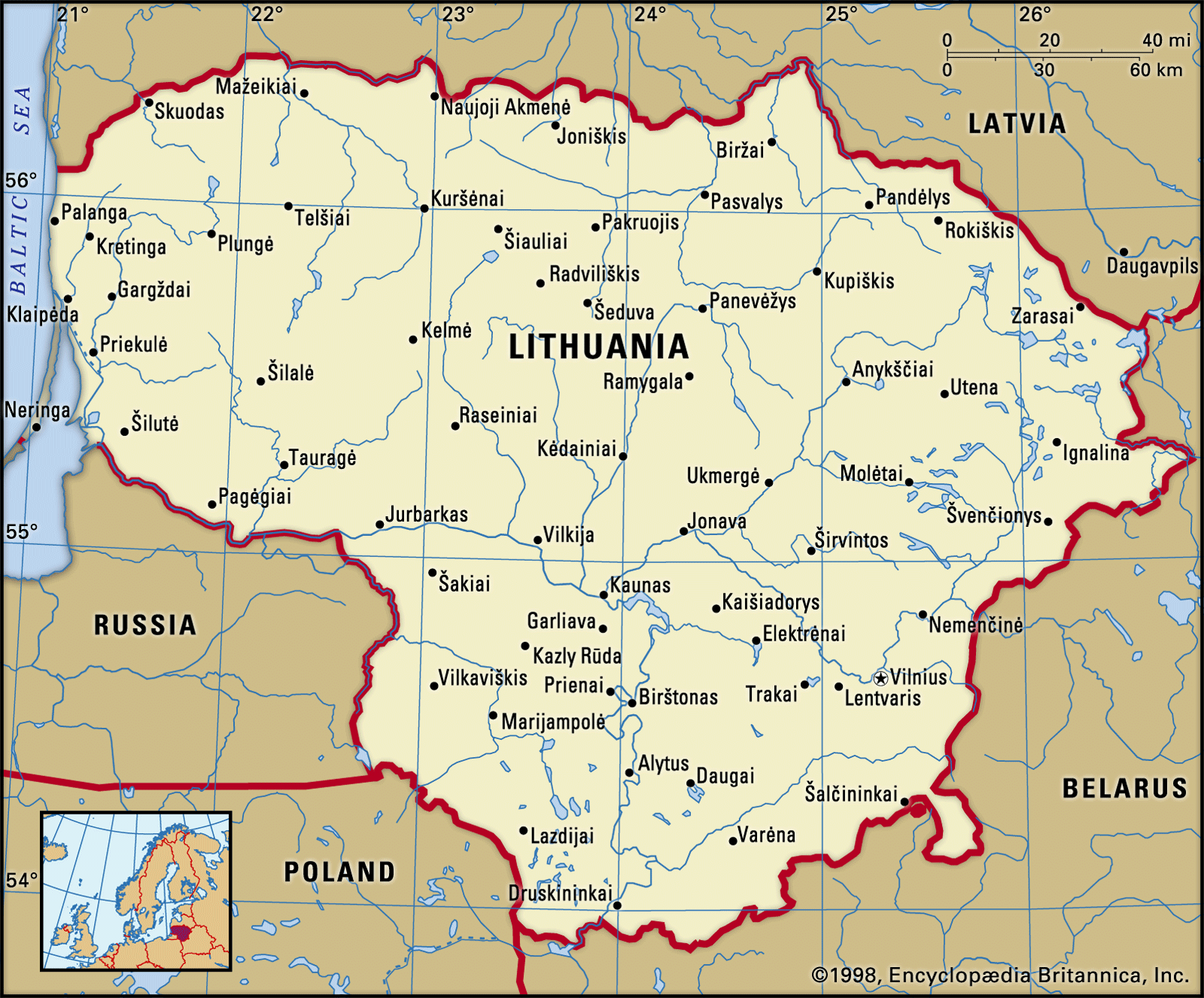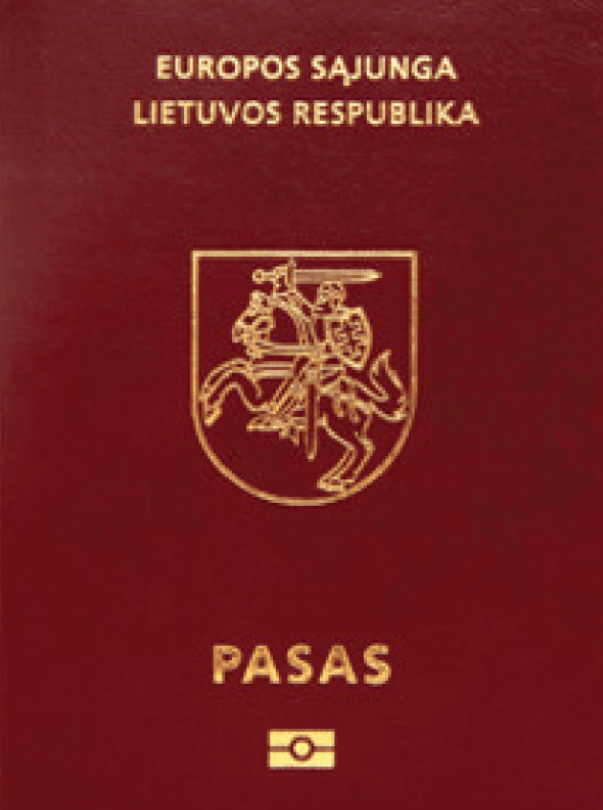Lithuania Citizenship

Lithuanian Citizenship by Naturalization offers a valuable opportunity for long-term residents seeking full integration into the European Union. By meeting the legal residency requirements, demonstrating language proficiency, and showcasing financial stability, applicants can secure Lithuanian citizenship, granting them the right to live, work, and travel freely within the EU. We provide comprehensive support throughout the process, guiding applicants with expert advice and assistance to help them achieve Lithuanian citizenship by naturalization.

- Live, work, and travel freely within all 27 EU countries and beyond.
- Maintain original nationality under specific conditions.
- Unrestricted access to the labor market, favorable tax policies, and investment incentives.

- Proof of legal permanent residence in Lithuania for at least 10 years.
- Demonstration of adequate financial means to support yourself.
- Property Requirement: As of 2024, applicants must either rent a property worth at least €14,000 or purchase a property valued at €375,000, retaining ownership for 5 years.
Lithuanian Citizenship by Naturalization
In Lithuania, citizenship is granted primarily through the process of naturalization. To become a citizen, foreigners must have resided in the country for at least 10 years.
Benefits of Lithuanian Citizenship by Naturalization
Lithuanian citizenship offers a wide range of benefits, providing both legal and practical advantages for individuals who choose to become part of the country’s national community. Some key benefits include:
- As a citizen of Lithuania, you get the right to live, work, and travel freely within the European Union (EU), as Lithuania is a member state. This includes the ability to live and work in any of the 27 EU countries, as well as in countries that have agreements with the EU.
- Lithuanian citizens have access to comprehensive healthcare, social welfare programs, and other public services that the country offers, including education and pension benefits.
- Citizenship grants the right to vote in national elections and referenda, as well as the eligibility to run for public office, making you an active participant in Lithuania's democratic process.
- Lithuania allows dual citizenship in some instances, which means that you can maintain your original nationality while enjoying the rights and privileges of Lithuanian citizenship.
- As a citizen, you can fully participate in the Lithuanian labor market and establish your own business without restrictions. Lithuania also offers a favorable tax regime and investment incentives.
- Becoming a citizen means greater integration into Lithuania’s rich cultural, historical, and social fabric. It opens doors to deeper connections within the country, both personally and professionally.
- Acquiring Lithuanian citizenship may allow you to pass citizenship down to your children and potentially grandchildren, giving them the same rights and benefits, such as EU freedom of movement and access to social services.
Requirements of Lithuanian Citizenship
To apply for Lithuanian citizenship, you will need to fulfill the following requirements:
- Travel document
- Permanent residence permit for residing in Lithuania
- Proof of legal permanent residence in Lithuania for the last 10 years
- Proof of a legitimate source of income in Lithuania (dropdown option)
- Documents confirming successful completion of the Lithuanian language fundamentals and Constitution exams.
Procedure for Lithuanian Citizenship by Naturalization
The government authority responsible for administering Lithuanian citizenship by naturalization is the Migration Department. They are responsible for processing and thoroughly examining all citizenship applications.
Applicants must meet the following criteria:
The Migration Department will conduct due diligence checks to verify the applicant’s eligibility. If any false statements are made or relevant information is omitted, the application will be declined.
Once the application is approved, successful applicants are required to pass exams in the Lithuanian language and Constitution. Following approval, applicants must take an oath of allegiance to Lithuania. After the oath is taken, applicants will receive their Lithuanian passport and national ID card, granting them full citizenship rights.
There are no mandatory residency requirements post-citizenship, but applicants must have lived in Lithuania for the 10 years preceding their application.

Minimum Investment/ Earning (Required)
– €10,080/year
Processing Time
– Varies
Family Inclusion Option
– Spouse & dependents
Required Residency Duration for Citizenship
– 10 years
Lithuanian Embelum

Population
– 2.7 million (2025 estimate)
Location
– Northeastern Europe, bordered by Latvia, Belarus, Poland, and the Baltic Sea

Passport Rank
– 10th globally (Henley Passport Index 2025)

Passport Mobility
– Visa-free or visa-on-arrival access to 191 destinations
Language
– Lithuanian (official language)
National Food
– Cepelinai (potato dumplings stuffed with meat, curd, or mushrooms)
Frequently Asked Questions
In some instances, Lithuania permits dual citizenship, allowing individuals to retain their original nationality while enjoying the rights and privileges of Lithuanian citizenship.
Lithuanian citizens enjoy free movement, work, and residency within the EU, access to quality healthcare and social welfare, voting rights, and eligibility to run for public office. They can also fully participate in the labor market and benefit from favorable tax and investment incentives.
Key documents include a valid travel document, proof of permanent residence in Lithuania for at least 10 years, evidence of income, and certificates for passing the language and Constitution exams. You can find the full requirements at the top of this page.
The Migration Department manages the process, conducting thorough checks on all applications. You can submit the required documents to us, as we have migration experts and lawyers in Lithuania to process their applications faster. We can also check your eligibility beforehand and provide you with the best possible options for your citizenship.
No, there are no mandatory residency requirements post-citizenship. However, applicants must have resided in Lithuania for 10 years prior to applying.
Yes, once you acquire Lithuanian citizenship, it can be passed down to your children and potentially grandchildren, granting them the same rights and benefits.
Yes, applicants must pass exams in Lithuanian language proficiency and the country’s Constitution as part of the naturalization process.
Providing false statements or omitting relevant information may lead to the rejection of your application by the Migration Department.
The time required for processing citizenship applications varies, but it typically takes several months. Applicants should ensure all required documents and tests are completed to avoid delays.
Fees may apply for the application, language and Constitution exams, and document processing. The exact costs depend on the specific application circumstances and can be confirmed with the Migration Department. You can contact us for further details about the migration cost.
Yes, Lithuanian citizenship grants full access to the labor market and allows citizens to start businesses without restrictions.
Lithuania permits dual citizenship. So you can keep your previous citizenship even if you acquire citizenship in Lithuania.